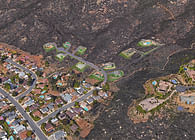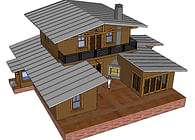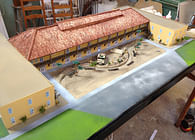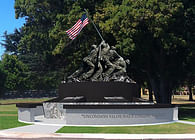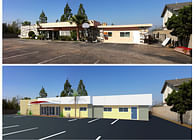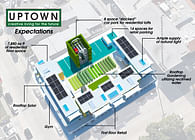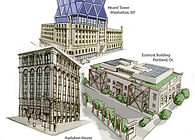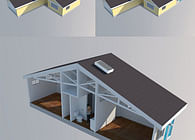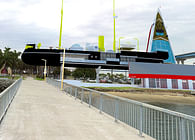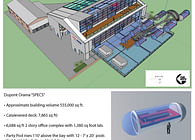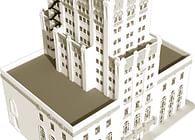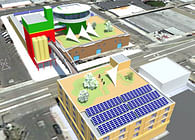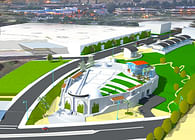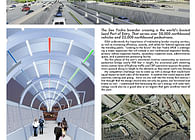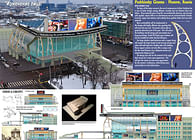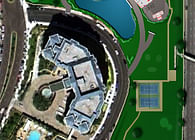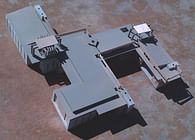
Historic buildings are often more energy-efficient than modern construction. In fact, studies have shown that buildings constructed before 1940 require less energy consumption for heating and cooling than houses built during the subsequent 35 years. Before electricity was available, homes capitalized on natural sources of lighting, heating and ventilation because the building itself – not electric lights and heaters – was all that protected occupants from the elements.
Although new building materials are getting more adequate at repelling the elements, they need more energy to keep heated and cooled. Constructing a new addition intertwined with an old structure in sort of a “simbiotic architectural relationship” is bound to make the newer addition more sustainable.
In my illustrated example I am indicating double pane teflon doors and windows on both structures. Stainless steal construction and retrofitting, aluminum awnings, energy efficient patio lighting/heaters, Water recycle tank for plant irrigation.
Both structures will have vastly different environments that combine a classic early19th century motive restaurant/bar with a contemporary high tech design studio.
Daniel Williams - AR401
Status: School Project
Location: New School of architecture - San Diego
My Role: Designer/Illustrator
